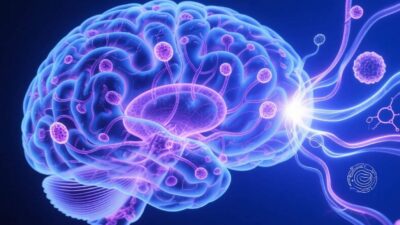What makes some people naturally cheerful while others struggle to find joy? The answer may lie in our DNA. Emotional genomics is an emerging field exploring how genes influence our subjective well-being—our happiness, resilience, and emotional responses.
The Genetic Blueprint of Happiness
Research suggests that up to 40% of our well-being may be heritable. Twin studies reveal that identical twins, who share nearly 100% of their genes, often report similar happiness levels—even when raised apart. This doesn’t mean happiness is predetermined, but it highlights that our genes set a baseline emotional tone.
Key genes linked to well-being include:
- 5-HTTLPR (serotonin transporter gene) – Influences mood regulation and stress resilience.
- COMT (dopamine-processing gene) – Affects how we experience pleasure and motivation.
- OXTR (oxytocin receptor gene) – Plays a role in social bonding and emotional warmth.
Nature and Nurture: The Dynamic Duo
While genes provide a framework, environment and lifestyle sculpt emotional well-being. Someone with a genetic predisposition for anxiety might still thrive with strong social support, mindfulness practices, or therapy. Epigenetics—the study of how experiences turn genes “on” or “off”—shows that our choices can reshape genetic expression.
The Future of Emotional Genomics
Could we one day personalize happiness strategies based on DNA? Companies already offer genetic well-being reports, but the science is still evolving. The real promise lies in tailoring mental health interventions—matching therapies, medications, or lifestyle changes to an individual’s genetic profile.
Final Thought: Your Genes Are Not Your Destiny
Emotional genomics doesn’t doom us to a fixed happiness set point. Instead, it empowers us to work with our biology, not against it. By understanding our genetic tendencies, we can craft lives that nurture joy—proving that while genes may load the gun, our choices pull the trigger.
Would you want to know how your genes shape your happiness? The answer might change how you pursue well-being.



